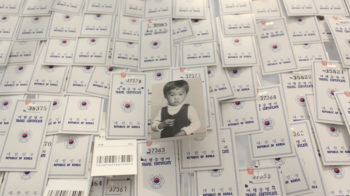The 9/11 Generation: Life in the Surveillance State
December 5, 2016
—Sunaina Marr Maira
Since the attacks of 9/11, the banner of national security has led to intense monitoring of the politics of Muslim and Arab Americans. Young people from these communities have come of age in a time when the question of political engagement is both urgent and fraught.





